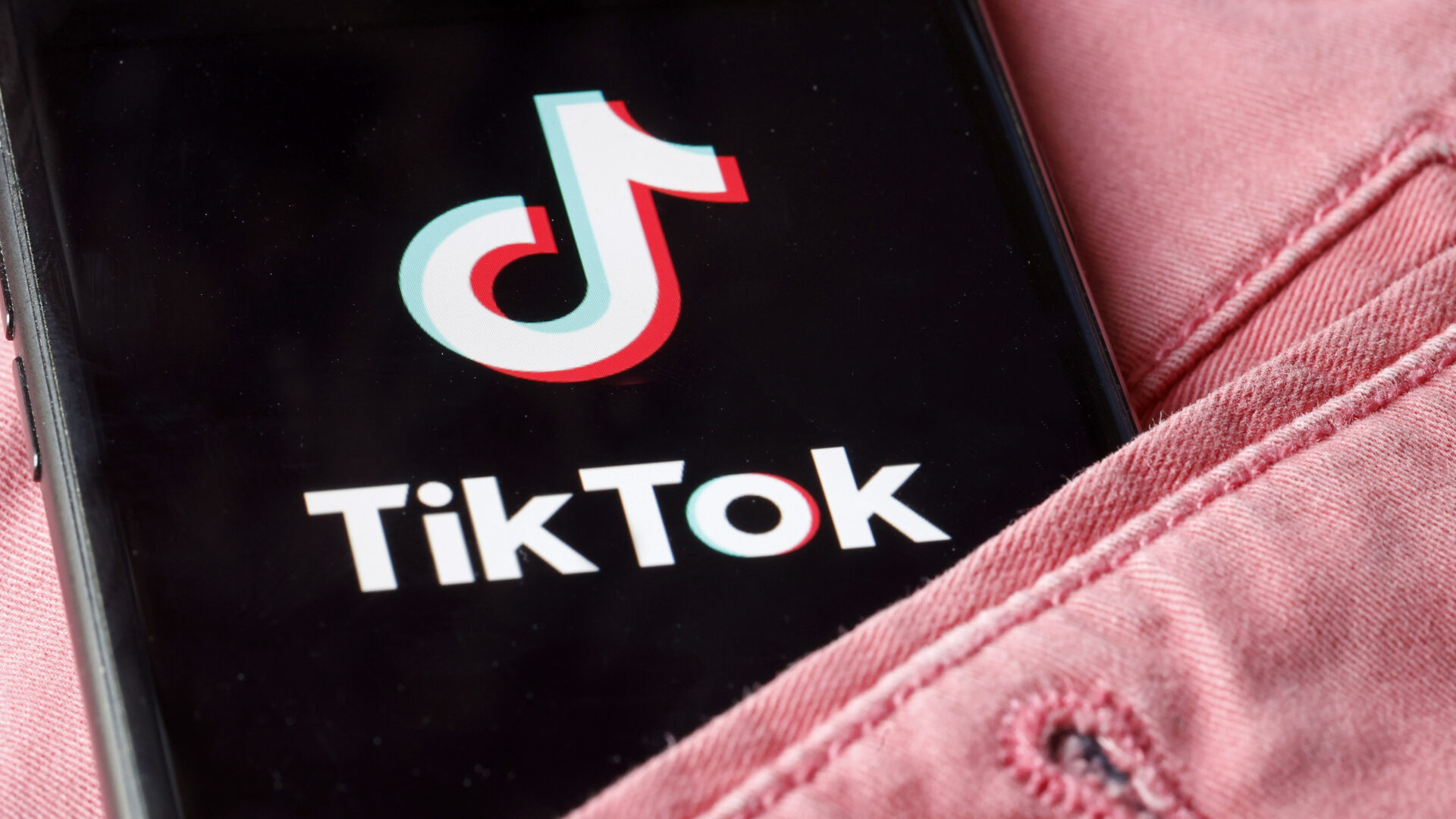
The looming threat of a TikTok ban has stirred widespread concern among its users and content creators. President Joe Biden signed a bill that can result in an official ban on the app. Known for its viral short-form content, the platform faced scrutiny in the United States after the Senate voted to favor the bill that the company needed to part ways with ByteDance. “I just signed into law the national security package passed by the House of Representatives this weekend and by the Senate yesterday,” Biden says. “It’s going to make America safer, it’s going to make the world safer and it continues America’s leadership in the world.”
There is a risk of the app becoming illegal in the U.S. within a year or less. This tension has escalated, prompting discussions around data privacy, cybersecurity, and the regulation of social media platforms. For TikTok users, the prospect of a ban raises uncertainties about the future of their digital presence and community. Many creators have built notable followings and careers through the platform, leveraging its broad reach and engagement. A ban would disrupt their livelihoods and creative outlets, forcing them to seek alternative platforms or strategies to maintain their online presence.
“Make no mistake, this is a ban, a ban of TikTok and a ban on you and your voice,” says TikTok CEO Shou Chew. “We are confident we will keep fighting for your rights in the courts. The facts and the constitution are on our side, and we expect to prevail again.”
Read ‘Here’s Everything We Know About The Possible TikTok Ban’
The primary concern surrounds users and losing access to TikTok’s diverse content ecosystem, where trends, challenges, and memes curate a hub for future content creators. According to a company report, TikTok drove $14.7 billion in small-business owners’ revenue in 2023 and contributed $24.2 billion to U.S. gross domestic product last year.
“I do not know the future of my business that I built, and TikTok helped take it to the next level,” Summer Lucille, a small business owner, told ESSENCE. I don’t know the future, and that scares me. It scares me because I devoted my life to this. I’m terrified. I am terrified.”
Not only does the ban affect Gen Z’ers who have found a safe space through various creators, but it also affects how creatives can seek financial gain through their content. As we enter the peak of election season, this could impact the Zillennial demographic directly. With the company having about nine months to shift its position and sell, there is now rapid-fire conversation surrounding how this will move the digital landscape.
“Building trust with our diverse and vibrant community is critical to achieving our mission to inspire creativity and bring joy,” a TikTok spokesperson told GU last year. “We will continue working to build a safe, secure, and innovative platform for our one billion-strong community.”
The TikTok ban represents a significant development in the ongoing debate over internet governance and global technology competition. It reflects growing tensions between the US and China in digital innovation and data management. The ban could have ripple effects on other Chinese-owned apps and platforms operating internationally, signaling a new era of scrutiny and regulation for tech companies. This decision underscores the need for comprehensive analysis that balances national security concerns with free expression, creation, and privacy protection principles in the digital age.
About the Author: Kenyatta Victoria is the lead writer for Essence GU, working on all things pop culture, politics, entertainment and business. Throughout her time at GU, she’s garnered devoted readers and specializes in the Zillennial point of view.